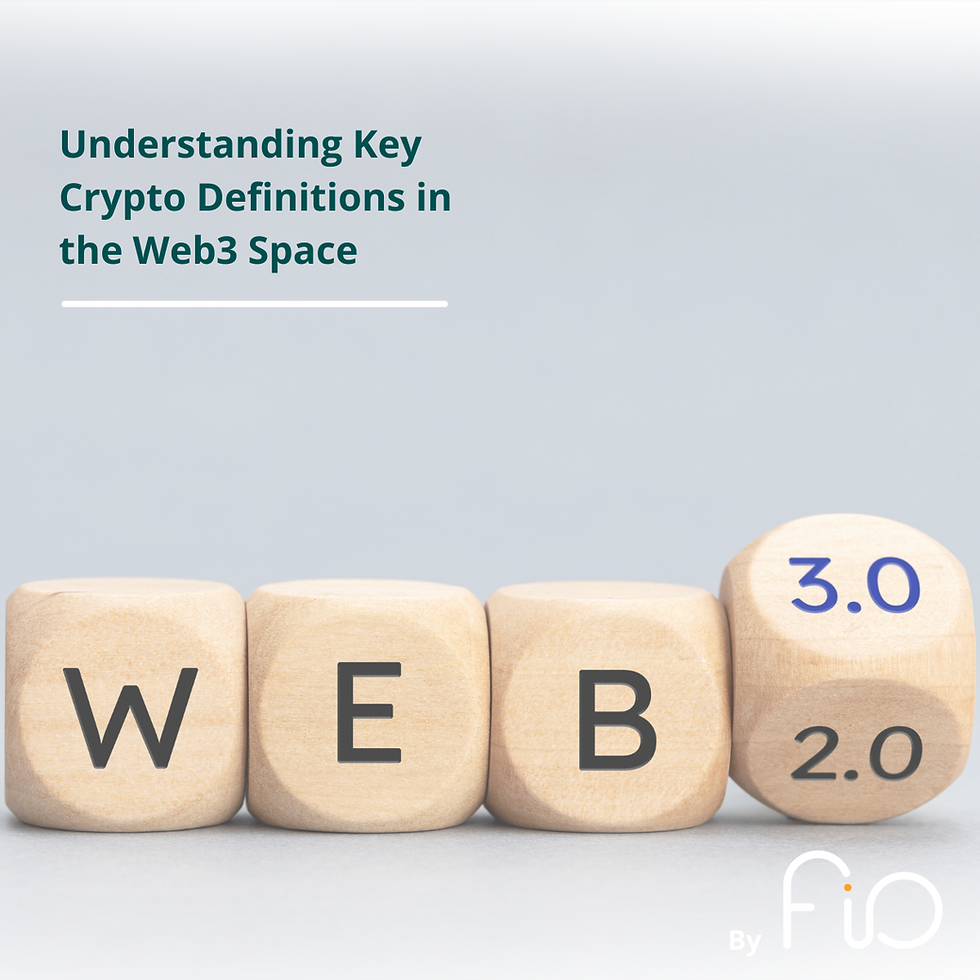U.S. Lawmakers Move to Include Banks in Crypto Custody
- Mar 12, 2024
- 2 min read

In a significant stride towards integrating banks into the cryptocurrency custody landscape, the House Financial Services Committee (HSFC) has recently cast a crucial vote. This vote was aimed at challenging the Staff Accounting Bulletin No. 121 (SAB 121), issued by the U.S. Securities and Exchange Commission (SEC), which has thus far hindered banks from engaging in crypto custody services.
During a markup hearing held on February 29, a bipartisan group of 31 HSFC members voted in favor of a resolution to overturn SAB 121, with 20 members opposing the motion. This resolution is rooted in the belief that overturning SAB 121 will dismantle barriers that currently prevent highly regulated banks from serving as custodians for digital assets, thereby enhancing consumer protection.
SAB 121, introduced by the SEC in March 2022, mandates that institutions custodianing crypto assets must reflect these holdings as liabilities on their balance sheets. Critics, such as Republican Congressperson Mike Flood who introduced this resolution, argue that this requirement places an unfair burden on banks. They contend that custodial assets, including securities and cryptocurrencies like Bitcoin, should remain off-balance sheet, as their inclusion would significantly impact banks' regulatory obligations related to capital and liquidity.
The resolution, jointly introduced on February 1 by Flood and Democrat Representative Wiley Nickel, argues that SAB 121 exceeds the boundaries of a mere accounting bulletin, effectively functioning as a law and thereby stifling the potential for banks to engage in the custody of digital assets.
Despite this step forward, the resolution must still clear a full floor vote in both the House and the Senate before SAB 121 can be officially overturned. Proponents, like Congressperson Tom Emmer, highlight the risks introduced by SAB 121, such as the "unnecessary and avoidable" concentration risk in the crypto ecosystem, exemplified by the absence of bank-provided custodial services for approved Bitcoin ETFs.
Consequently, opponents like Democrat Congressperson Maxine Waters view the move to rescind SAB 121 as paradoxical, particularly from crypto advocates who frequently lament the SEC's lack of clarity. She points out that the resolution essentially prevents the SEC staff from offering the very clarity around crypto custody that the industry seeks.
It's crucial to note that Staff Accounting Bulletins, including SAB 121, are not enforceable laws but rather non-binding guidelines. These guidelines are intended to assist companies in navigating the accounting for customer crypto holdings without the need for public notice or comment periods typical of more formal rules. The ongoing debate and legislative efforts surrounding SAB 121 underscore the complex and evolving dialogue on the role of traditional financial institutions in the burgeoning world of cryptocurrency.




